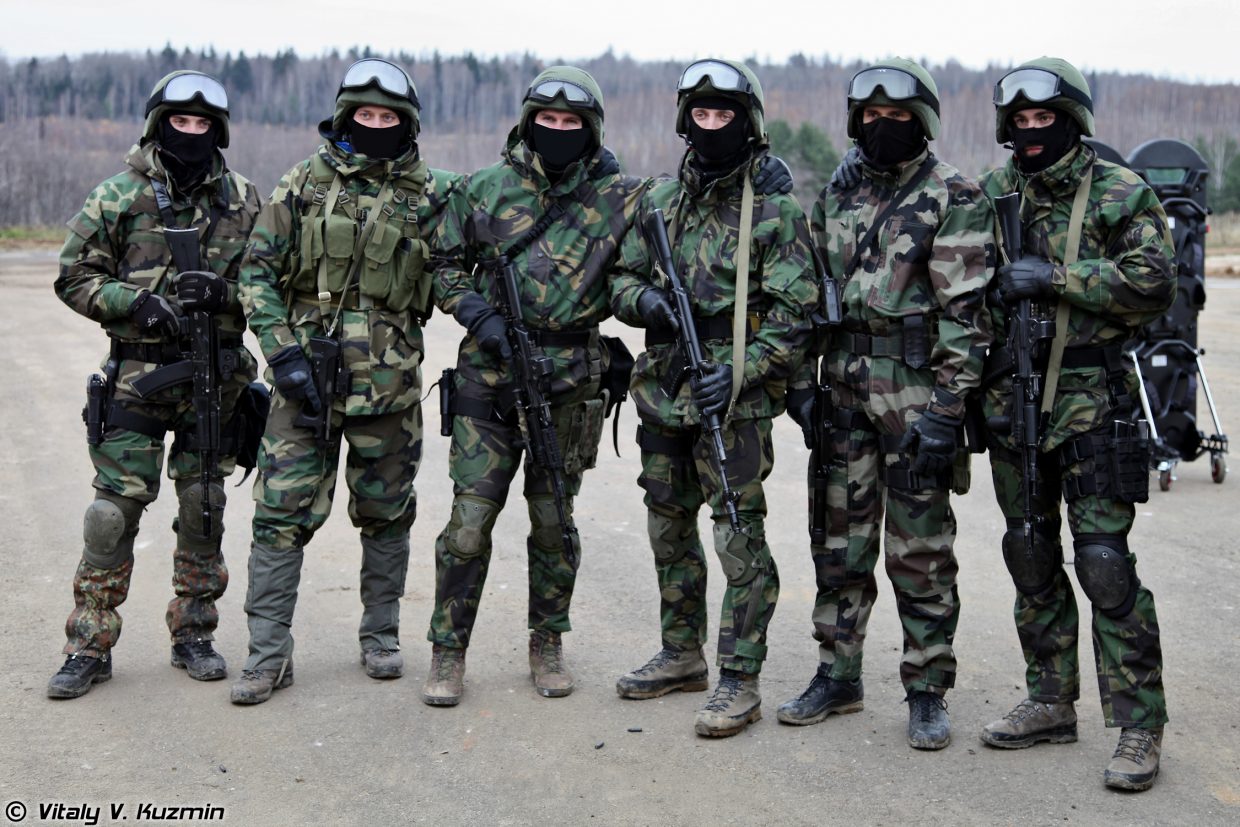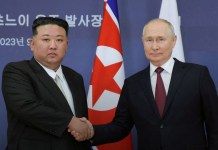Former Soviet republic and Russia-led CSTO member Kazakhstan is known to have put up more than 100 Soviet-origin fighter jets and bombers for sale days after it blocked the export of military goods to Russia.
Over a hundred decommissioned Soviet fighter planes and bombers, along with their aviation engines, are for sale in Kazakhstan. The announcements about the sale of state-owned assets have been uploaded online, according to reports that first appeared in local Kazakh media.
The aircraft is being offered for sale under the condition of liquidation, according to Forbes Kazakhstan. The auction will feature 117 aircraft that were part of the military formations in the regions of Almaty, Abai, Karaganda, and Shymkent in the past.
The bulk of these aircraft now on sale include MiG-31, MiG-27, MiG-29, and Su-24 models manufactured in the Cold War era of the mid-1970s and 80s. Both Russia and Ukraine have deployed some of these fighters in the ongoing war; many pulled out of cold storage by either side after sustaining heavy losses.
According to the reports, these evaluated assets are no longer fit for use due to moral obsolescence, and modernizing them would not be economically feasible.
Soviet fighter jets were put up for sale in Kazakhstan .
More than a hundred Soviet-made fighters and bombers, allegedly unserviceable, and aircraft engines have been put up for sale in Kazakhstan.
117 aircraft are put up for sale under "liquidation conditions". These are… pic.twitter.com/NI2YqN5Ifw
— PStyleOne1 (@PStyle0ne1) October 27, 2023
These “assets must be liquidated using disposal at the balance holder’s site,” according to the document doing the online rounds. The document further notes that “it is not feasible to use the evaluated assets for other purposes, including as a source of spare parts, given their technical condition and uniqueness.”
The Republican State Enterprise “Qazarnauliexport” (also known as “Kazspecexport”) is reportedly overseeing the auction on behalf of the Ministry of Industry and Infrastructure Development’s Committee for State Defense Orders. The decommissioned aircraft have a total estimated worth of 1.9 trillion tenge.
Kazakhstan is a former Soviet republic that, like other previous Soviet states, inherited Soviet military assets, including fighter jets, on the disintegration of the communist bloc in the 1990s. However, it has focused on acquiring the latest and more advanced combat-tested fighter jets in recent years.

For instance, the Central Asian nation has acquired several Su-30SM fighters from Russia in the last eight years. The first deliveries started in 2015 when Kazakhstan received four state-of-the-art Su-30SM fighter jets from Russia.
Director of Russia’s Federal Service for Military-Technical Cooperation, Dmitry Shugayev, said in 2021 that 20 Su-30SMs had been delivered to the country, with four Sukhoi Su-30SM ‘Flanker-H’ multirole fighter aircraft slated for delivery from Russia by the end of 2022. “It was understood that the last four are needed to complete the second squadron of these jets. We do not have an update on that delivery.”
It has long been reported that Kazakhstan plans to acquire three squadrons of Su-30SMs totaling 36 aircraft. However, there has been no follow-up on the much-needed purchase in recent months, which could be attributed to Russia’s war against Ukraine.
Kazakhstan has the most sophisticated air force in Central Asia, which it uses for low-level ground assaults against terrorists, militants, and other insurgent organizations, among other non-state entities in the region.
The Su-30SM is Kazakhstan’s most potent fighter aircraft, which joined the fleet of more traditional Soviet-era aircraft, including thirteen Su-24s, twenty MiG-31s, and slightly more than twenty MiG-29s.
Although this has bolstered the Kazakh air force in the face of rising regional threats, the Central Asian country has decided to do away with the other archaic jets already decommissioned long ago. It has yet to announce how to use the money from selling the jets.
Moreover, the auction is also significant as it comes at a time when the international community has isolated Moscow and has been counting on its allies for military and economic support.
Kazakhstan Says No To Military Supplies To Russia
In what seems to be a thaw in ties between the two partners, Kazakhstan has curtailed its exports to Russia that are intended for military use in response to Western demands that the Central Asian country and its neighbors adhere to sanctions placed on Moscow due to its full-scale invasion of Ukraine.
On October 19, Kairat Torebaev, the deputy minister of trade for Kazakhstan, announced that the government had prohibited the sale of 106 commodities “related to the war” to Russia. These items included computer chips, electronics, and drone components made in other countries. “We have completely restricted their export,” he said.
Following Moscow’s full-scale invasion of Ukraine in February 2022, Western nations have denounced Kazakhstan and other Central Asian states for permitting military supplies to flow across their borders and into Russia.

According to an investigation conducted by Radio Free Europe in June, sanctioned Western electronics enter Russia through Kyrgyz and Kazakh businesses, some of which were founded soon after the Kremlin invaded Ukraine, and end up in the hands of suppliers to the Russian defense sector.
The US and the EU have pushed the governments of Central Asia to oppose Moscow’s attempts to exploit trade routes via the region as a way for Russia to get around sanctions imposed on it as a result of its war. By restricting specific exports to non-cooperative states, the EU has attempted to curb the re-export of sensitive commodities to Russia by third parties.
The announcement on October 19 came some weeks after Qasym-Zhomart Toqaev, the president of Kazakhstan, promised during discussions with German Chancellor Olaf Scholz in Berlin that he would not assist Russia in evading Western sanctions.
Despite Russia’s invasion of Ukraine, Kazakhstan has tight military and economic links with the Russian capital, with which it shares a 7,500-kilometer border. The country was one of the 32 countries that refrained from casting ballots on a UN resolution demanding that Russia immediately halt its war in Ukraine and withdraw its military from the country by February 2023.
There were some hiccups in the relationship earlier this year, especially as Russia was accused of recruiting volunteers from Kazakhstan. However, earlier in October, Tokaev met Russian President Vladimir Putin at the Novo-Ogaryovo state residence outside Moscow, signaling that the relationship hasn’t gone through a significant transformation.
- Contact the author at sakshi.tiwari9555 (at) gmail.com
- Follow EurAsian Times on Google News




